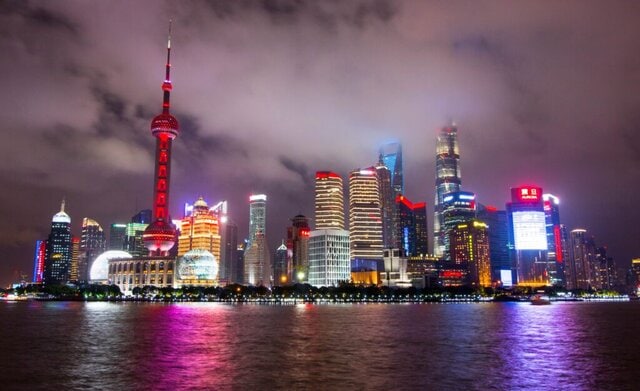Protecting Oneself in Chinese Deals

My company is negotiating a deal with a Chinese company. I hear that it is difficult to enforce contracts in China against Chinese companies. How should I protect myself? Can I enforce a contract in a Chinese court?
Chinese courts are much better than 20 years ago, but many of the procedural safeguards and rule of law standards we take for granted elsewhere are simply not part of the legal culture in China. Lest it sound like I am picking on the PRC, I would probably not even want a U.S. judge hearing a dispute that mattered, as most are political appointees with no particular knowledge about technical or international commercial law issues.
I will cover international dispute resolution in a future class, but for now focus upon who will decide, where will they decide it, and what law will be used. I recommend you always arbitrate disputes of any technical complexity or commercial magnitude, especially involving China. If you think you will be the party who is correct, you want the smartest and most technically competent decision maker possible.
You should pick a reputable arbitration authority. I usually use the Hong Kong International Arbitration Centre (HKIAC) or Singapore International Arbitration Centre (SIAC) for Chinese deals. You should pick a well-known body of law with many available knowledgeable arbitrators, like New York commercial law, designate the minimum qualifications of the arbitrator (e.g., 15+ years of patent litigation or commercial joint venture experience), and designate the language of the proceeding as English. Sometimes you can compromise to CIETAC (another arbitration authority) in China, but I still prefer to go outside.
Of course, getting a judgment is only half the battle. How do you enforce a judgement once you have it? I have seen some pretty crazy things over the years, including personal guarantees from Chinese executives who pledged their U.S. assets, including California homes, as collateral to ensure a commercial deal. If the other party has a foreign subsidiary, offshore cashflows, other assets outside China, or is publicly listed, you should have an easier time enforcing your judgement. Some relationships can be policed more efficiently outside law because you have something the other side cannot copy if you terminate or because you have a bigger social relationship you can call upon (which I often refer to as your “guanxi stick”).
Whatever you choose, make sure you have counsel competent in Chinese legal issues review your agreement. Many U.S. law firms feign Chinese experience, but are actually deer in headlights.
Responses